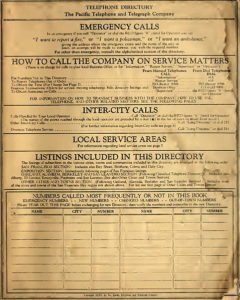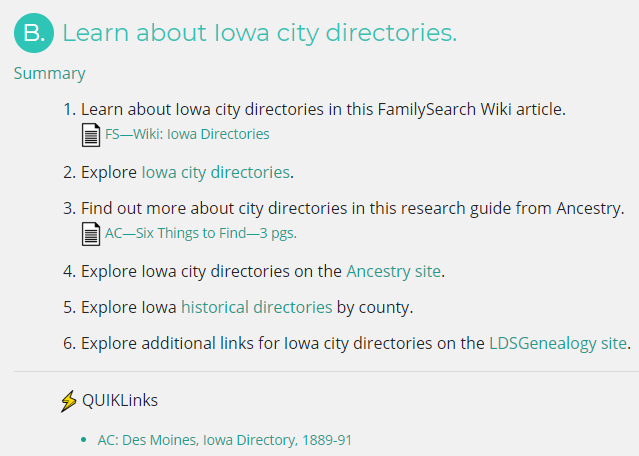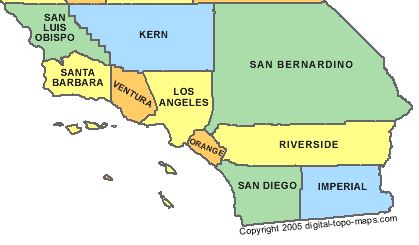Before Google … City Directories
Remember the Yellow Pages—those hefty dictionaries of domiciles and dwellers, delivered to your front porch? With the rise of Google and other Internet sites, printed phone directories have become a memory for most of us, as it’s faster and easier to find addresses and phone numbers on your phone, tablet, or laptop.
So let’s turn the clock back a bit. As we search for information about our ancestors, we should remember that many of them probably lived in larger cities and towns at some point in their lives. City and county directories can be helpful tools in locating those ancestors and gathering information about them, and The Family History Guide connects you with some great tools for getting started.
probably lived in larger cities and towns at some point in their lives. City and county directories can be helpful tools in locating those ancestors and gathering information about them, and The Family History Guide connects you with some great tools for getting started.
Project 4: United States – City Directories
Let’s get started by going to Project 4: United States, Part A, Goal 2 (“Learn about location and geography”). Scroll down to Choice D, and you’ll see links to several articles and videos.
Notice that in addition to city directories, there are a few related categories here: county directories, town directories, and hometown histories. Also, Choices A, B, C, and E have some helpful information about location, geography, and timelines, to support the information you’ll find about city directories.
Here’s a helpful quote from the article in Step 1 … United States Directories (FamilySearch Wiki page):
“Directories were created for salesmen, merchants, and others interested in contacting residents of an area. They are arranged alphabetically, giving lists of names and addresses. These often list the adult residents … City and county directories of local residents and businesses … are generally published annually and may include an individual’s address, occupation, spouse’s name, and other helpful facts.”
Tips and Techniques
- Read the article in Step 1 for an introduction to city directories in the United States.
- In the U.S. state pages in The Family History Guide, you can find city directory resources for each U.S. state. These are found in Goal 2: Archives and Libraries, Choice B. Here’s an example for Iowa city directories.
- Remember that newer directories tend to have a wider variety of information than older ones.
- You may need to search multiple directories across a given time period to find your ancestor.
- Besides names and addresses, city directories can help you learn about the neighborhoods where your ancestors lived, with clues about records.
- The directory’s index may point you to helpful information about churches and other organizations around the address where your ancestor lived.

More Resources
Here are some additional resources for directories you’ll find in Choice D, back in Goal A2 of the United States page:
- The Ancestry video (32:00) in Step 3 has some good tips, focused on Ancestry city directories.
- The Research Guide in Step 5 shows you six things to find in a typical city directory.
- You can learn about histories in Choice E. These histories can provide some useful historical context for local towns, which may help you in your city directory searches.
- For links to extra videos and articles on directories, use the Vault in The Family History Guide (scroll down to Cities and Counties).





